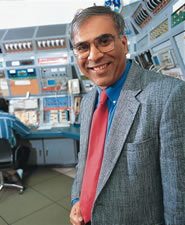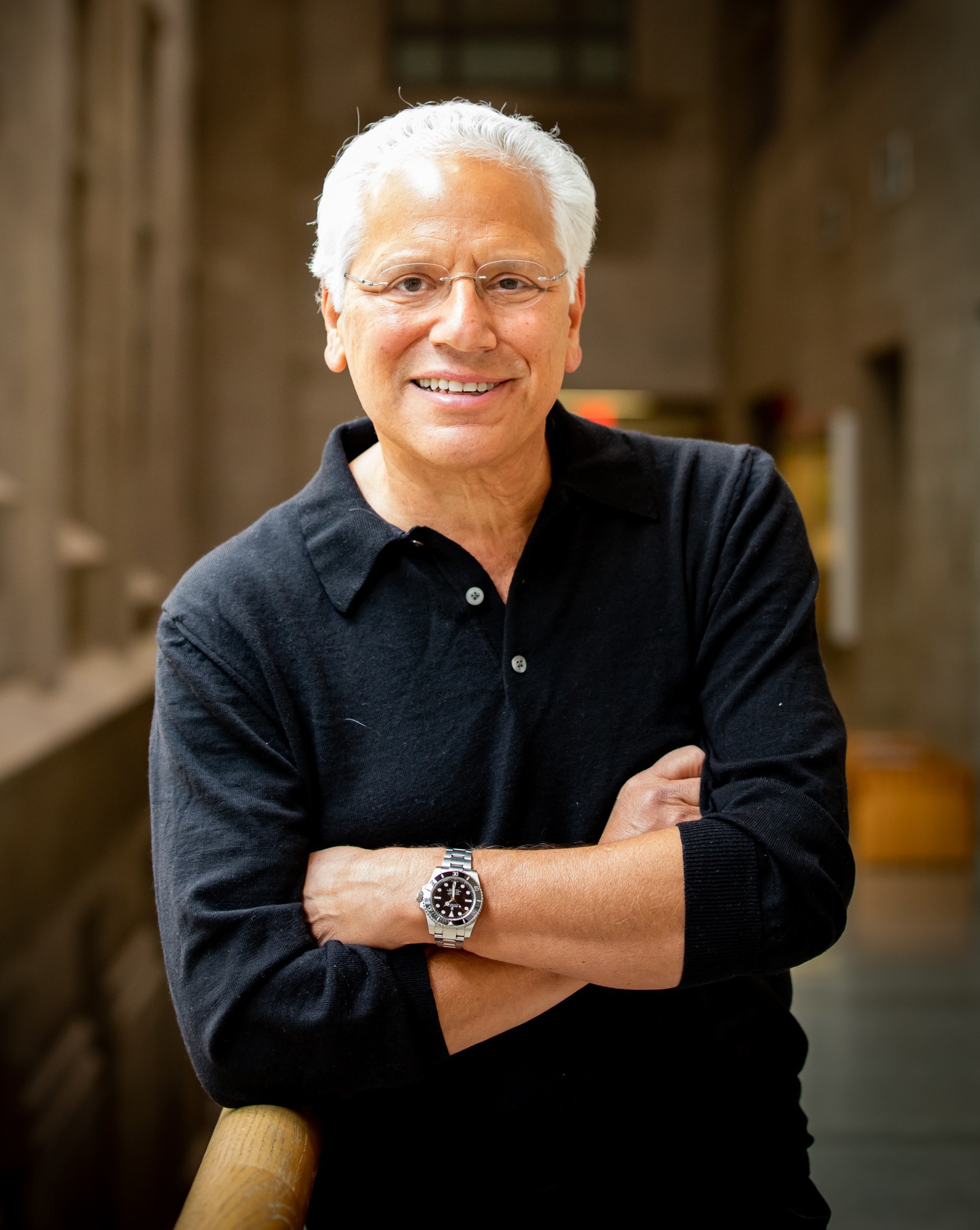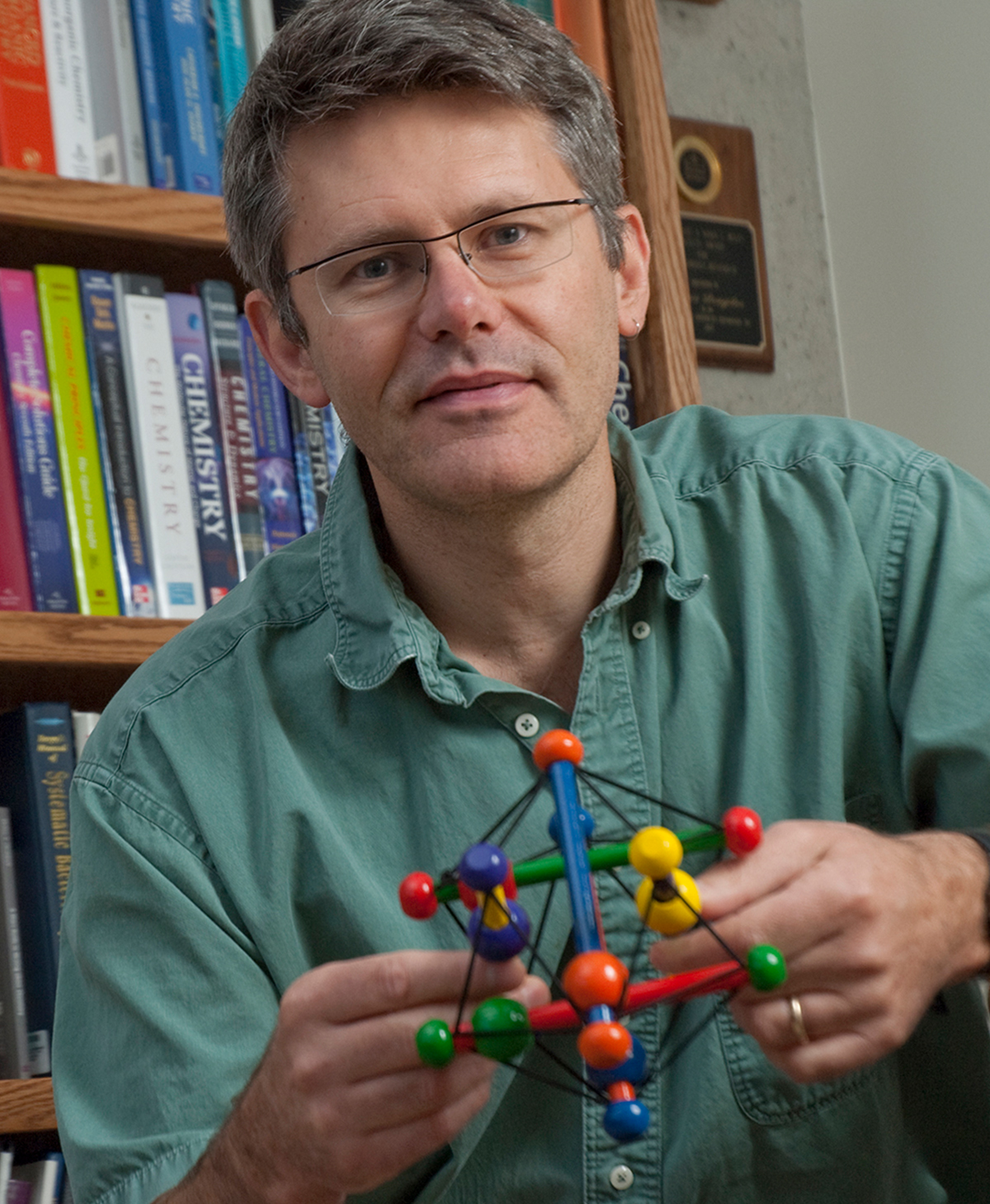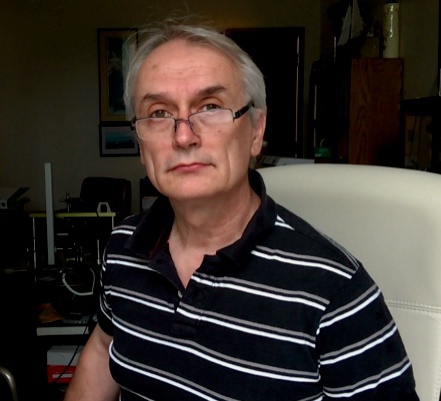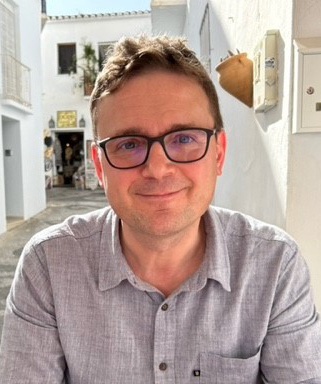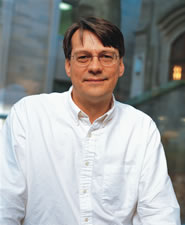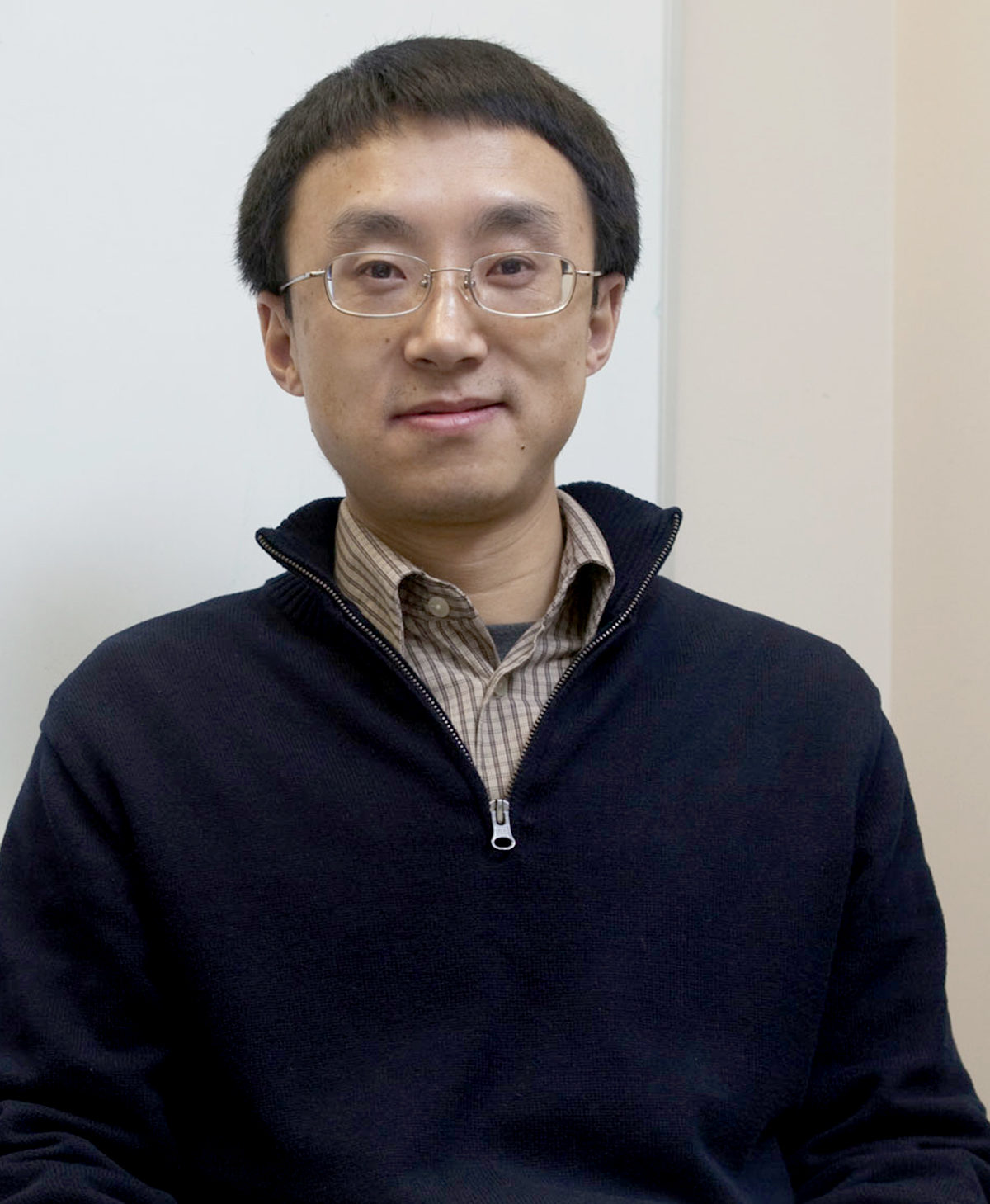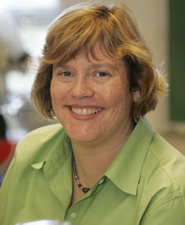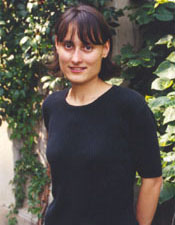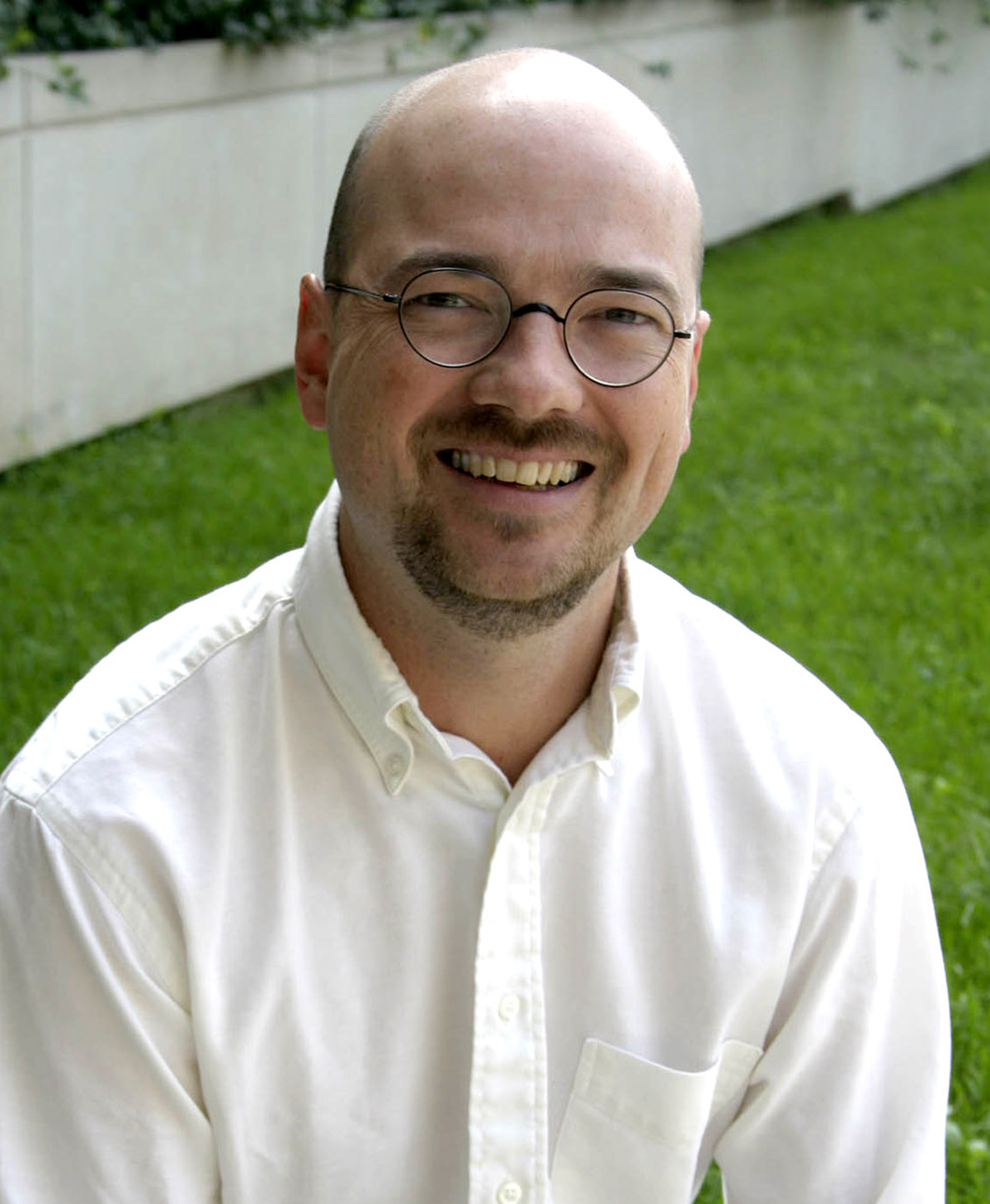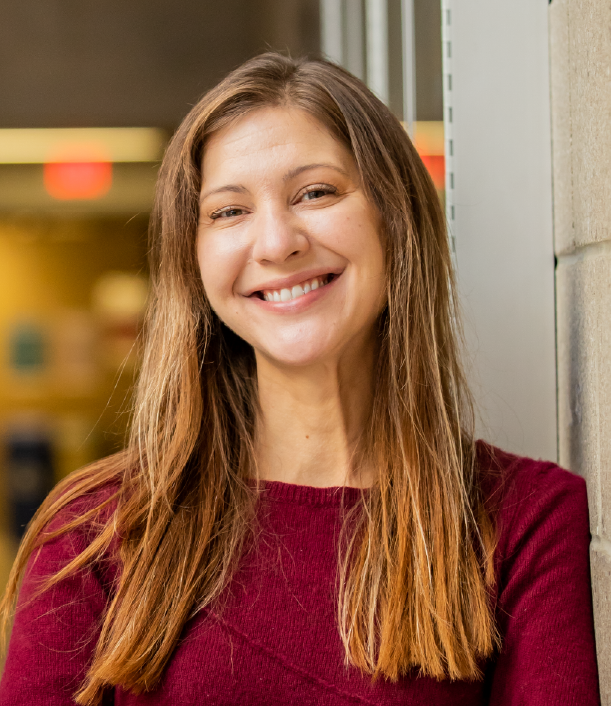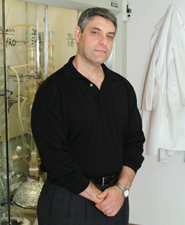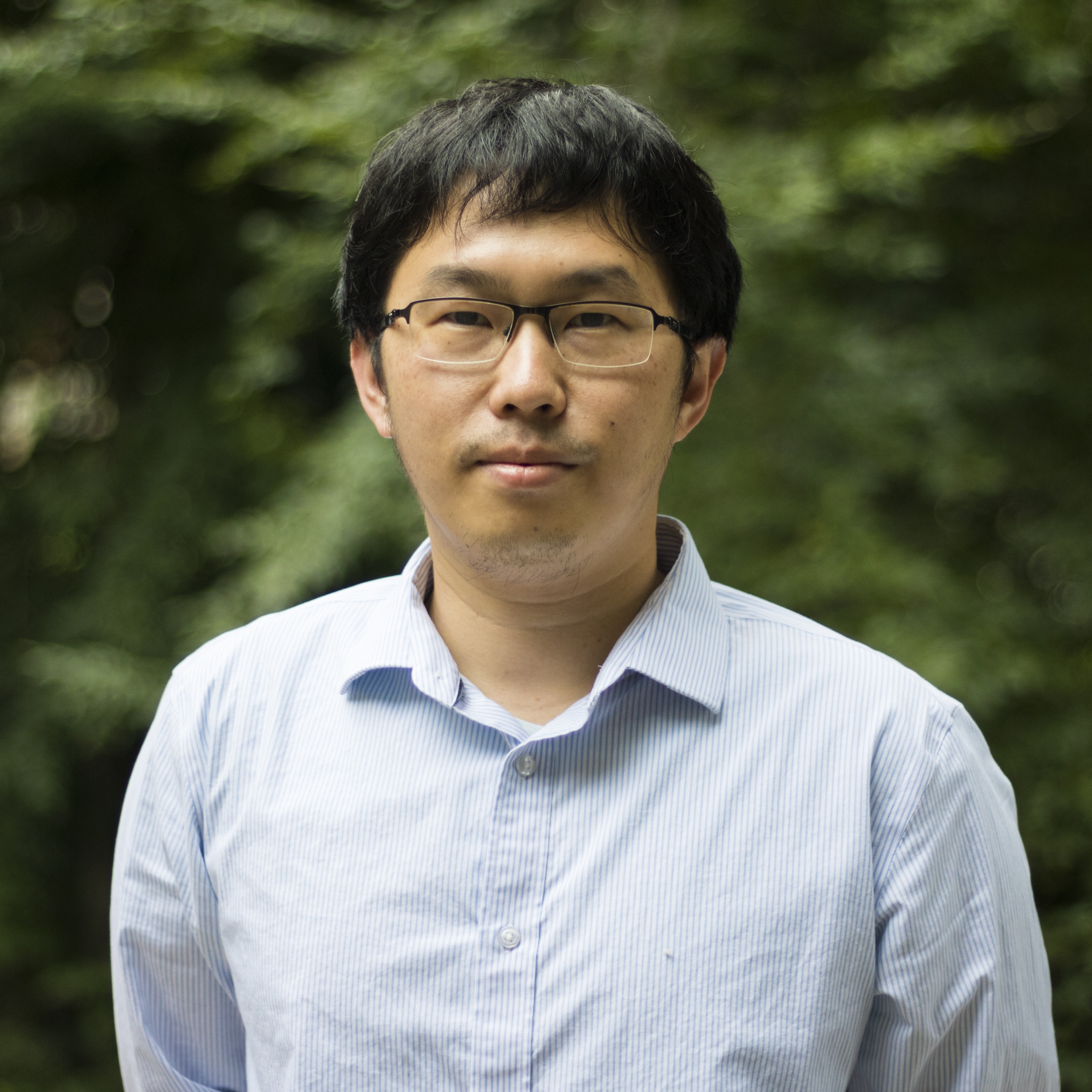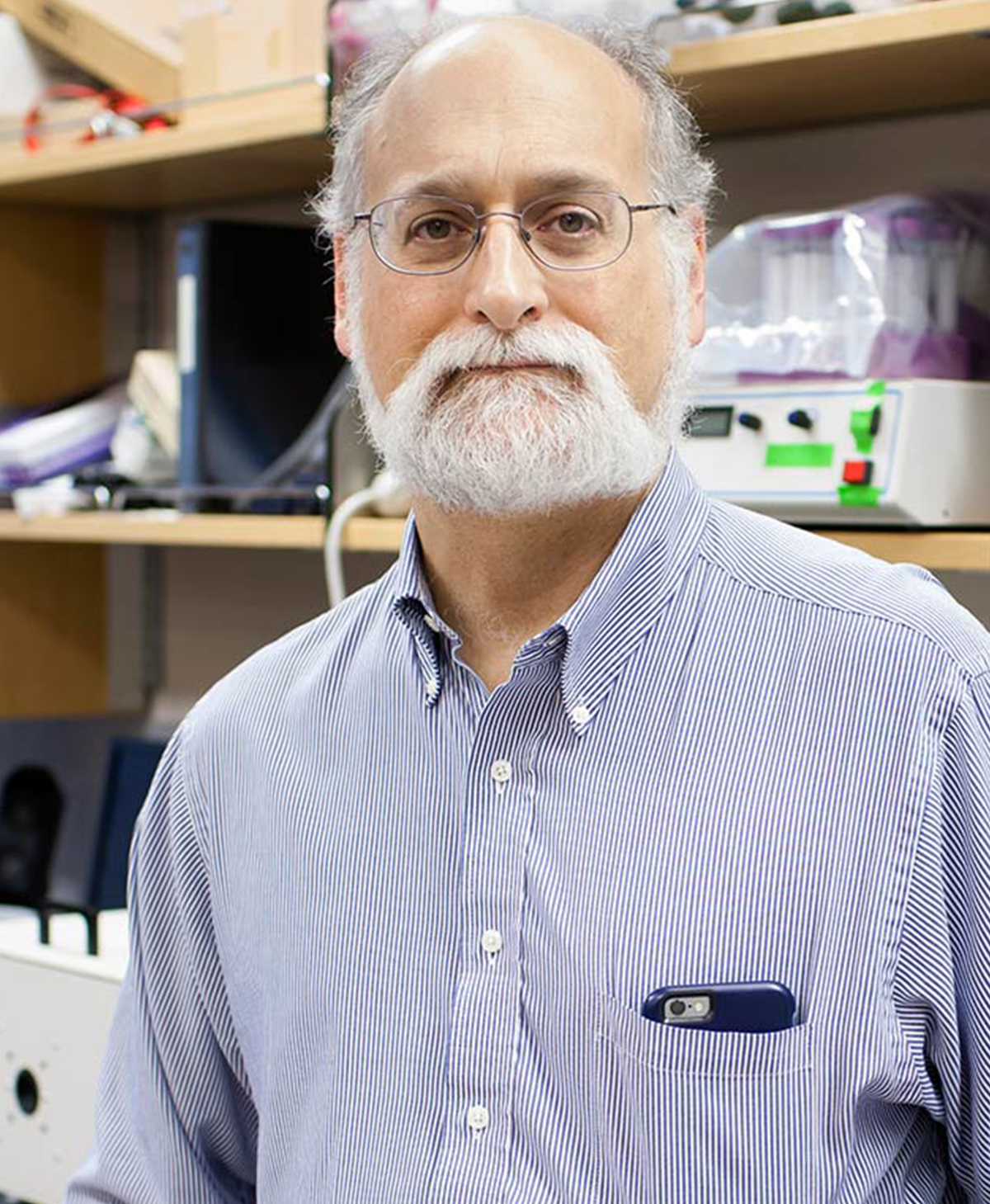Nanofluidic Devices are Able to Sense, Separate, and Sort Individual Molecules
Nanofluidic devices are able to sense, separate, and sort individual molecules with unprecedented precision because of the unique transport properties these nanoscale conduits exhibit. With nanofabrication techniques, we are able to create fluidic circuits with a wide range of well-defined geometries and dimensions. Nanoscale dimensions coupled with symmetric or asymmetric channel geometries impact the transport of ions by phenomena such as entropic forces and ion current rectification. We also use resistive-pulse sensing as a label-free approach to characterize single particles in real time and at biologically relevant concentrations. Our group studies the fundamental transport properties of ions and particles and characterizes viruses and their reactions.
Distinguished Professor
Professor and Robert & Marjorie Mann Chair
Distinguished Professor
Linda & Jack Gill Chair in Biomolecular Science
James F. Jackson Professor of Chemistry
Class of 1948 Herman B Wells Endowed Professor
Adjunct Professor, Physics
Associate Dean of Natural and Mathematical Sciences and Research
Distinguished Professor and Robert & Marjorie Mann Chair
Professor and Joan & Marvin Carmack Chair
Associate Professor (O'Neill School of Public and Environmental Affairs),
Adjunct Professor (Chemistry)
Rudy Professor (O'Neill School of Public and Environmental Affairs)
Adjunct Professor (Chemistry)
Professor & Associate Vice President for Engagement
Professor, Department of Molecular and Cellular Biochemistry
Adjunct Professor







